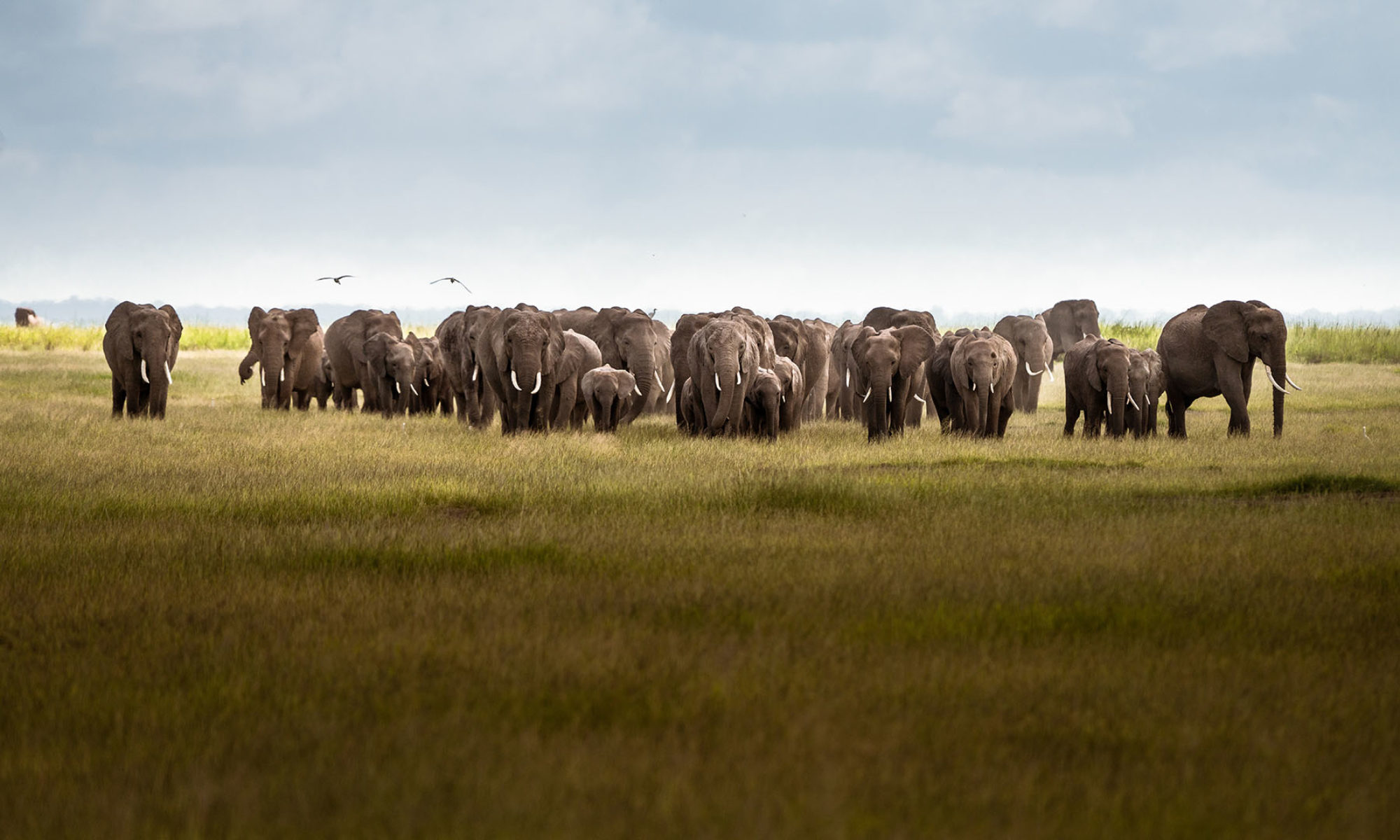Compassion Over Killing (COK) is seeking Litigation Interns for Summer, 2011 (unpaid). Compassion Over Killing is a national nonprofit (501(c)(3)) animal advocacy organization. Working to end animal abuse since 1995, COK focuses on ending and preventing cruelty to animals in agriculture. The 2011 Summer Litigation Interns will work with COK’s Legal Advocacy Program in our West Coast office in Torrance, California.
The Summer Litigation Interns will work on litigation projects aimed at protecting farmed animals; most of these projects are plaintiffs’ litigation. These projects will likely employ a variety of legal theories, relating to areas such as state criminal cruelty laws, false advertising and unfair competition laws, tort liability, environmental protection laws, administrative law, tax, and corporate law. The interns will have opportunities to research new projects as well as assist heavily with ongoing projects. They will work closely with Compassion Over Killing’s general
counsel.
Excellent research and writing skills are required. In addition, the Litigation Intern should be interested in exploring novel approaches to protecting animals through litigation. Candidates with a background and interest in animal protection are preferred, although it is not required. Interested law students should apply with cover letter, resume, writing sample, list of three references, and law school transcript to Compassion Over Killing’s general counsel Cheryl Leahy at cleahy@cok.net.



